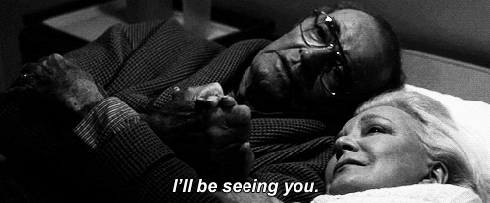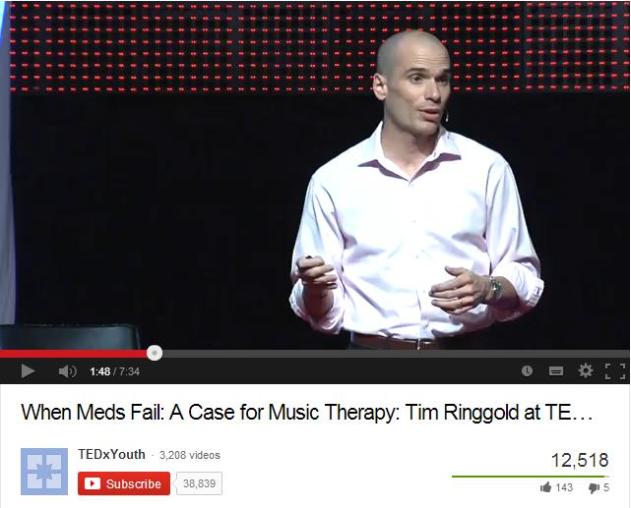To kick of Dementia Awareness week, MFM is going to cover the basics of dementia and music therapy. Music therapy is not the most common form of therapy for dementia patients, but after witnessing the effects of it on loved ones, MFM aims to be an advocate for it.
Our lives are shaped by music, we grow up with bands we love, we walk down the aisle to it, we cheer up with it and ultimately, we leave this world with music. It’s a universal language, and that is because it is a completely separate cognitive sensation that it evokes- which is why people with dementia might not remember their children, but they can remember the songs they sang during WWII.
Watching a dementia sufferer that doesn’t remember where they live, but can remember every word to Blue Moon is an incredible moment of clarity in their lives when confusion often takes over.
It’s almost impossible to look at your own life and think of all those great times you spent in silence. Our joy comes from expression, our common voice in music. I remember the first time a boy gave me a compilation CD with every song that made him think of me. In such a small thing, such a huge connection was given to me. That gift of music will always take me back to that time, and it was just the same with your grandparents or parents- same connection, different songs. The first time that I ever completely realised this was when I watched The Notebook, with Billie Holiday’s song “I’ll Be Seeing You” as the song of Noah and Allie’s their first dance together and the last line they say to each other.
But how can dementia sufferers who have lost their memories have moments of clarity triggered by music?
This fabulous TED video shows a lecture from a music therapist who describes music as “our mutual friend.” This is a perfect way to think of music. Regardless of age or condition, music is one thing that we all have in common. It can be used for addiction or disease sufferers as well- it places us in an immediate mental connection that we aren’t totally aware of.
http://www.youtube.com/watch?v=z_H3MVZPtAA
What about the science of music?
A scientific study was conducted to assess how music therapy affected brain chemicals. It was discovered that it led to increased secretion levels of melatonin; a hormone which helps with mood regulation, lower aggression, reduced depression and enhanced sleep. Melatonin can ultimately alter electrophysiological processes associated with memory.
So maybe instead of simply flicking through a photo album, play an actual album that your loved ones may remember. You’ll be surprised with the results.
Keep listening, bring the memories back!
MFM xx
To read more about the science of music therapy, visit:

